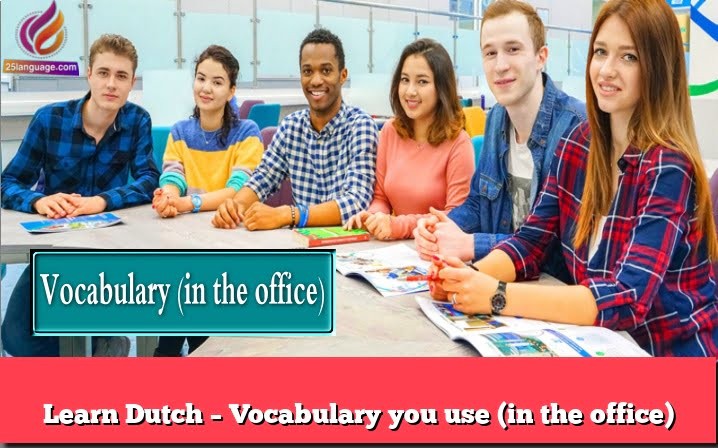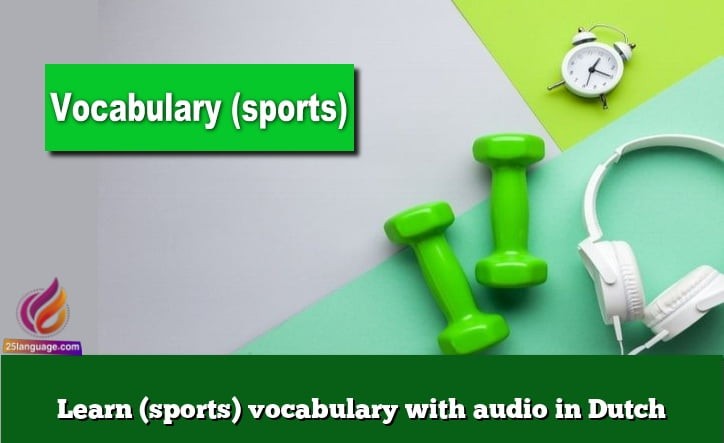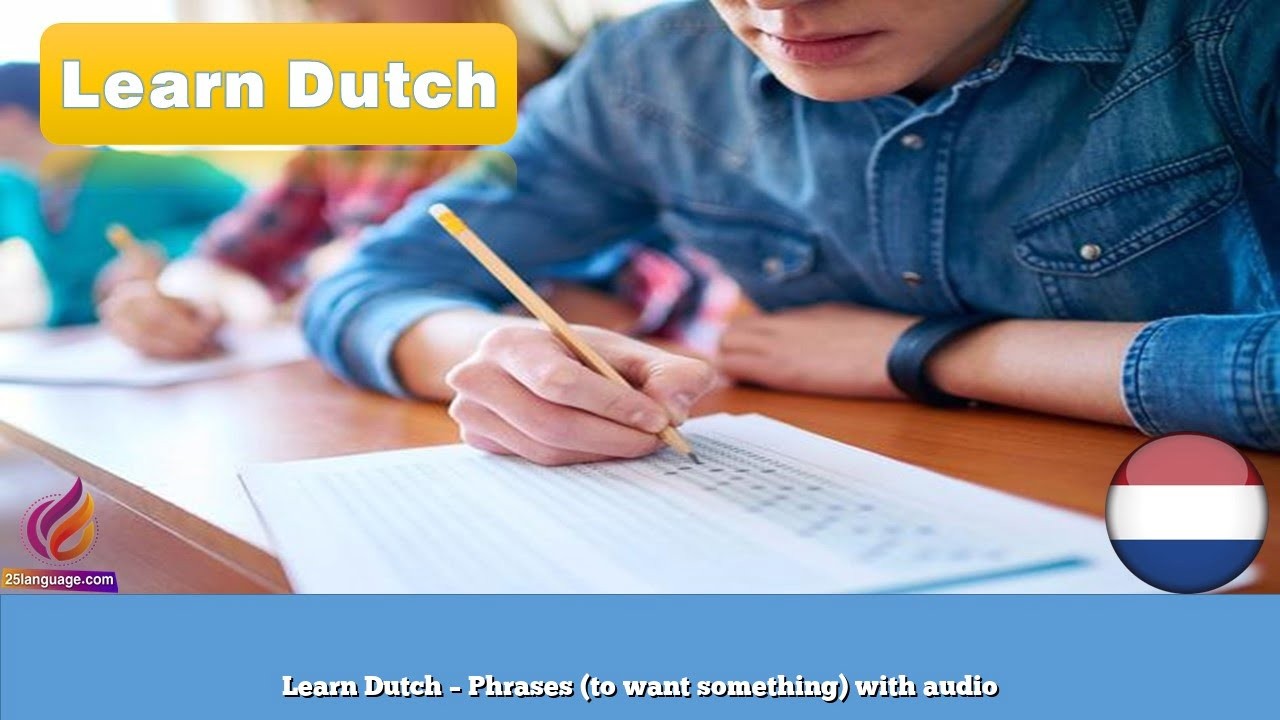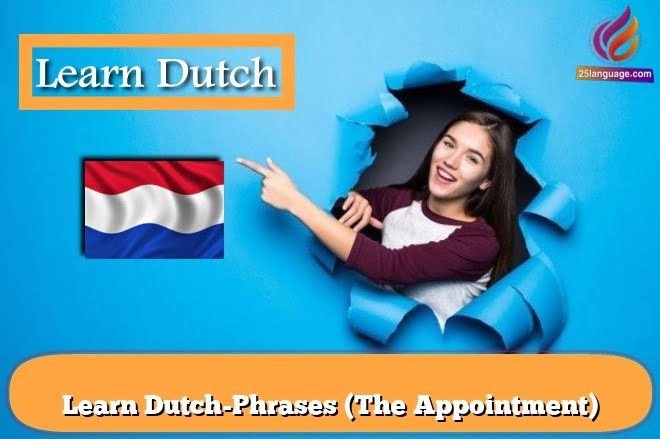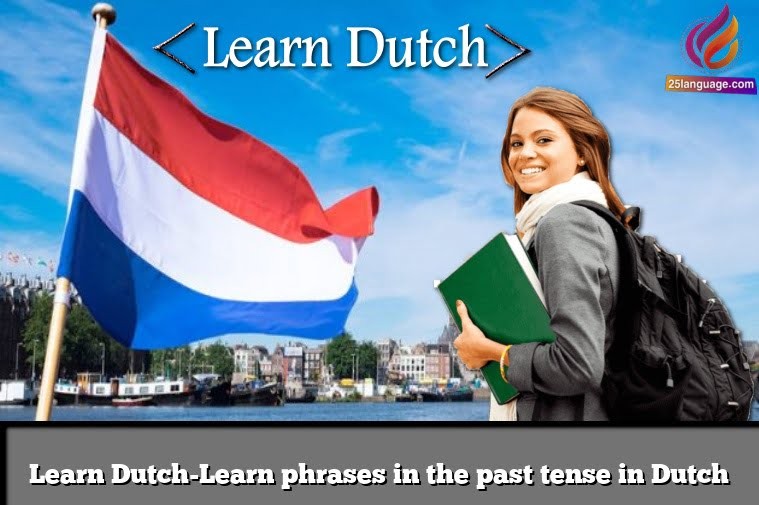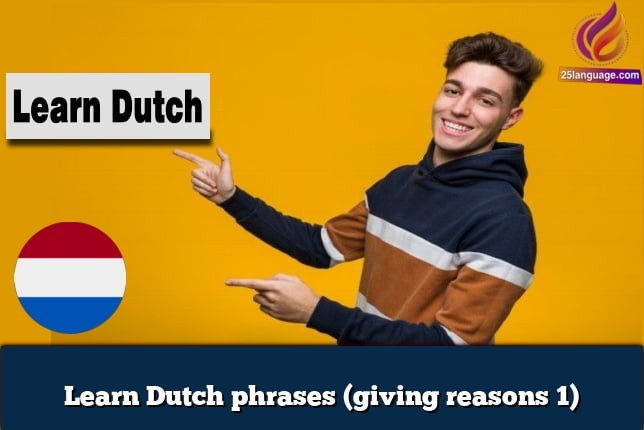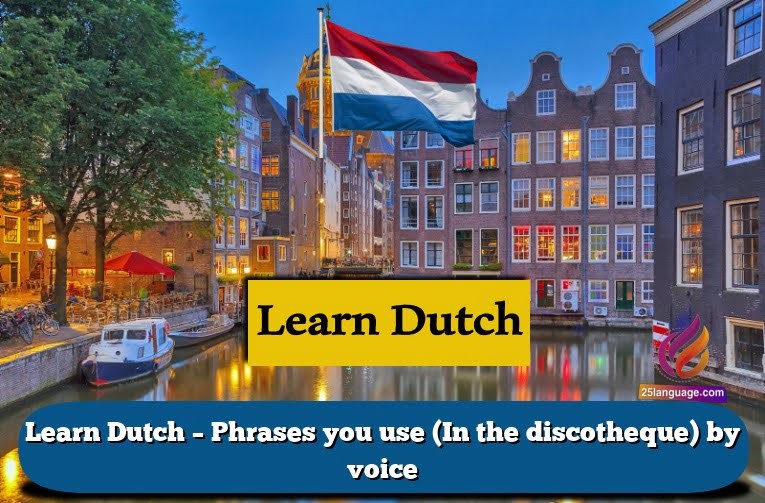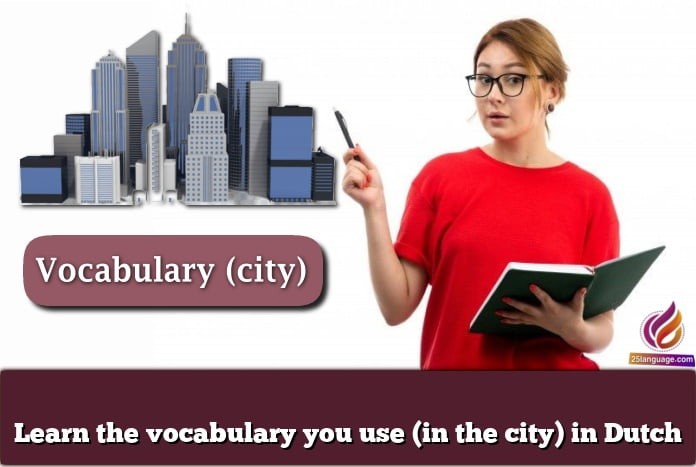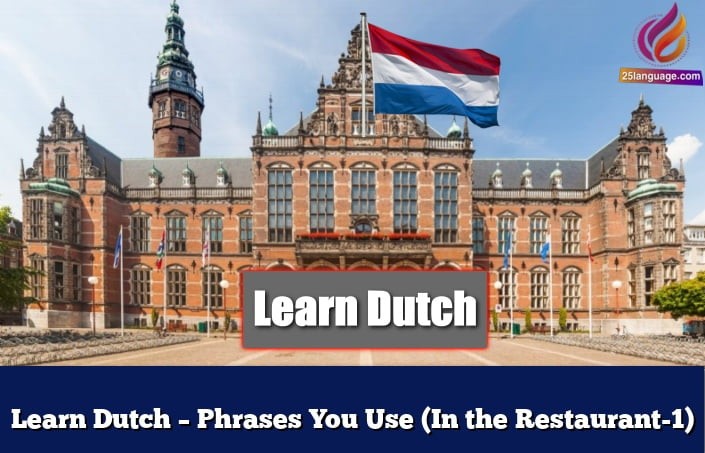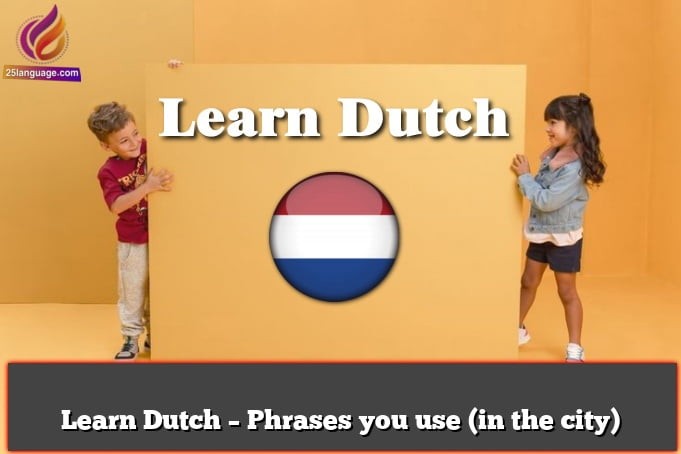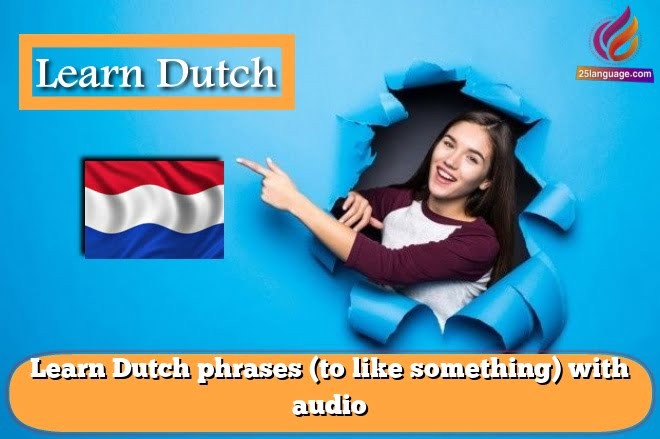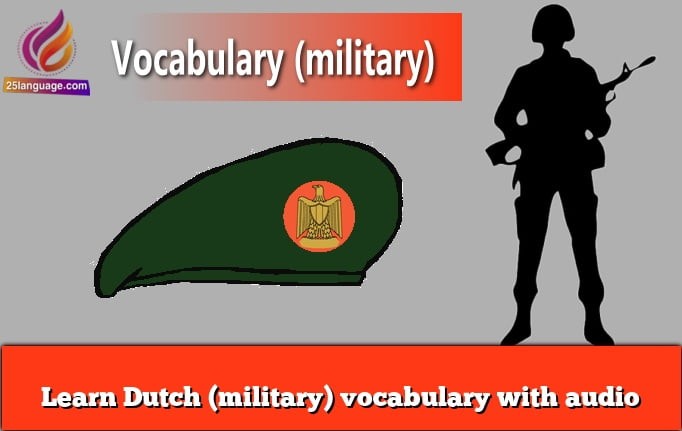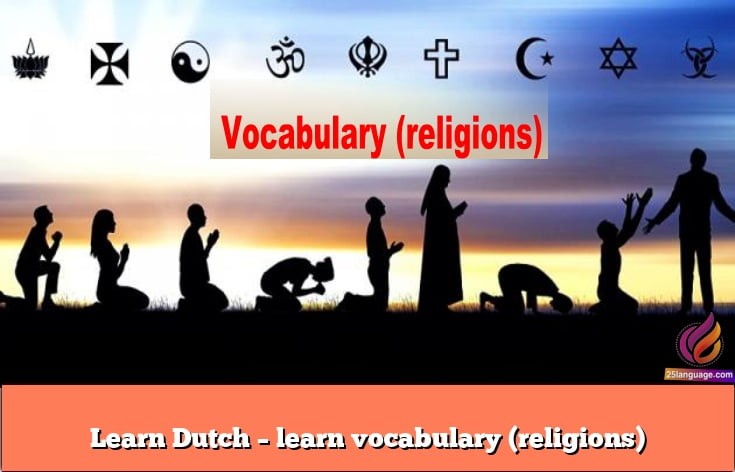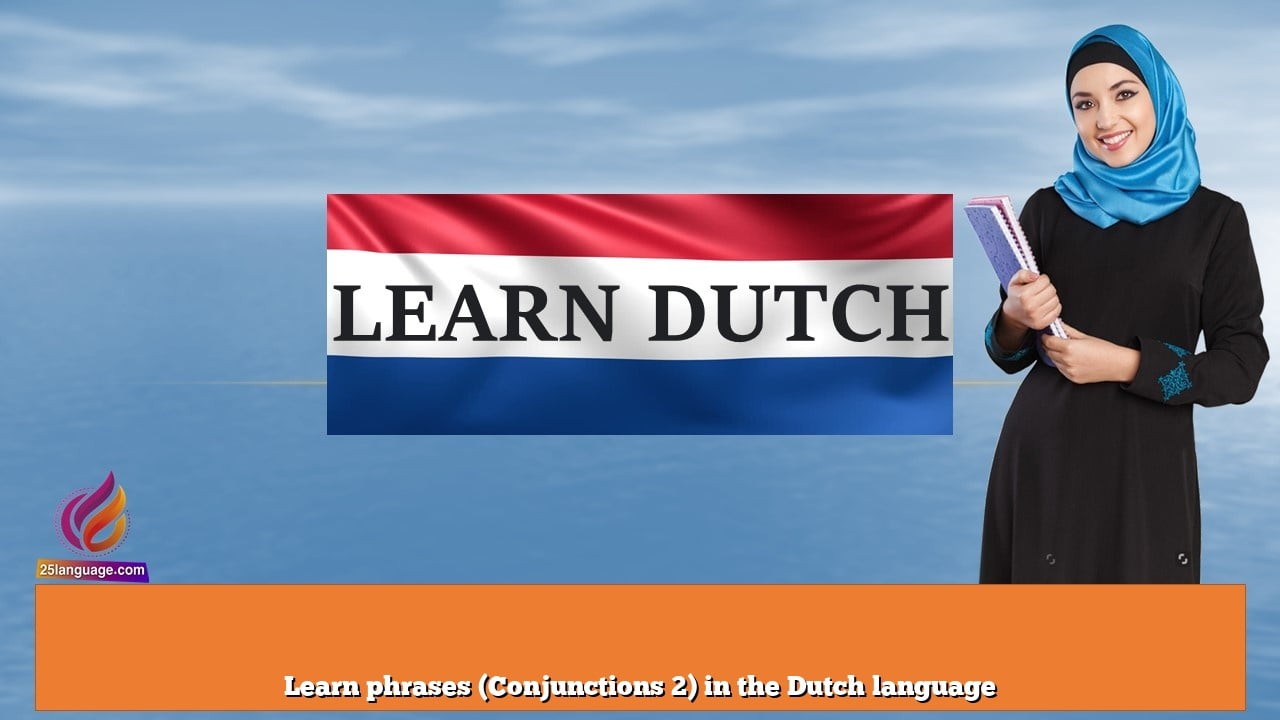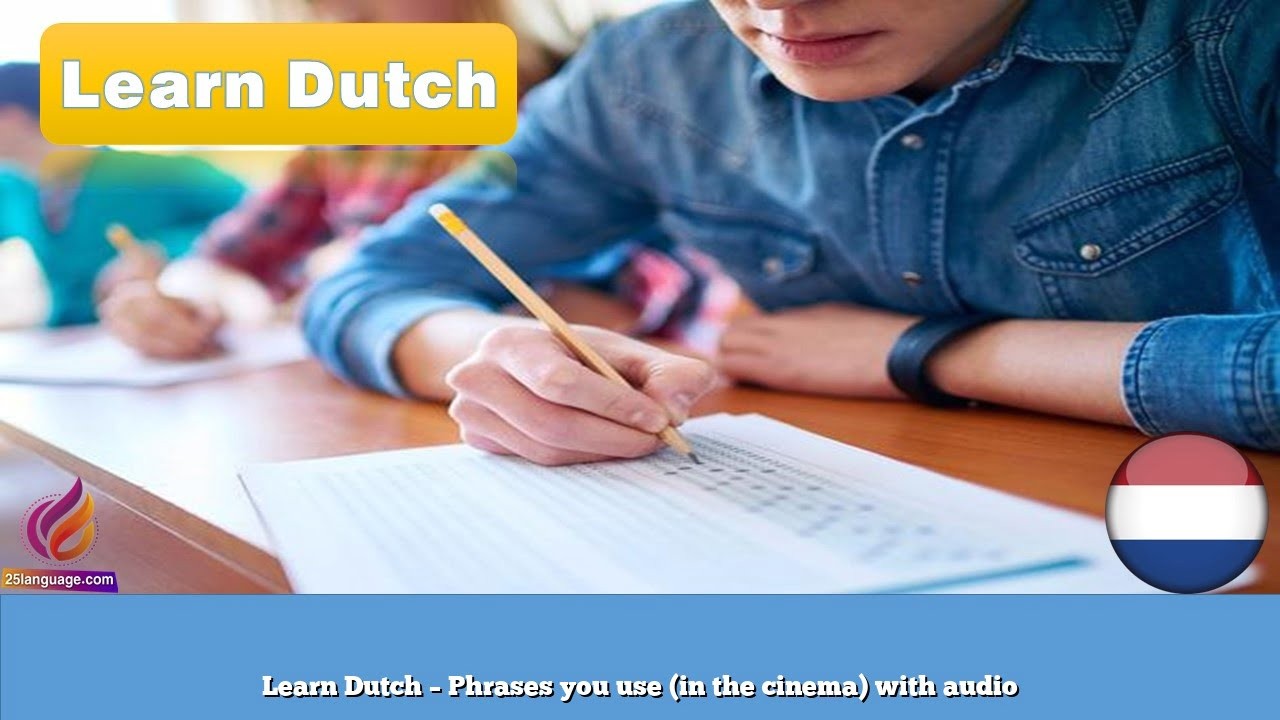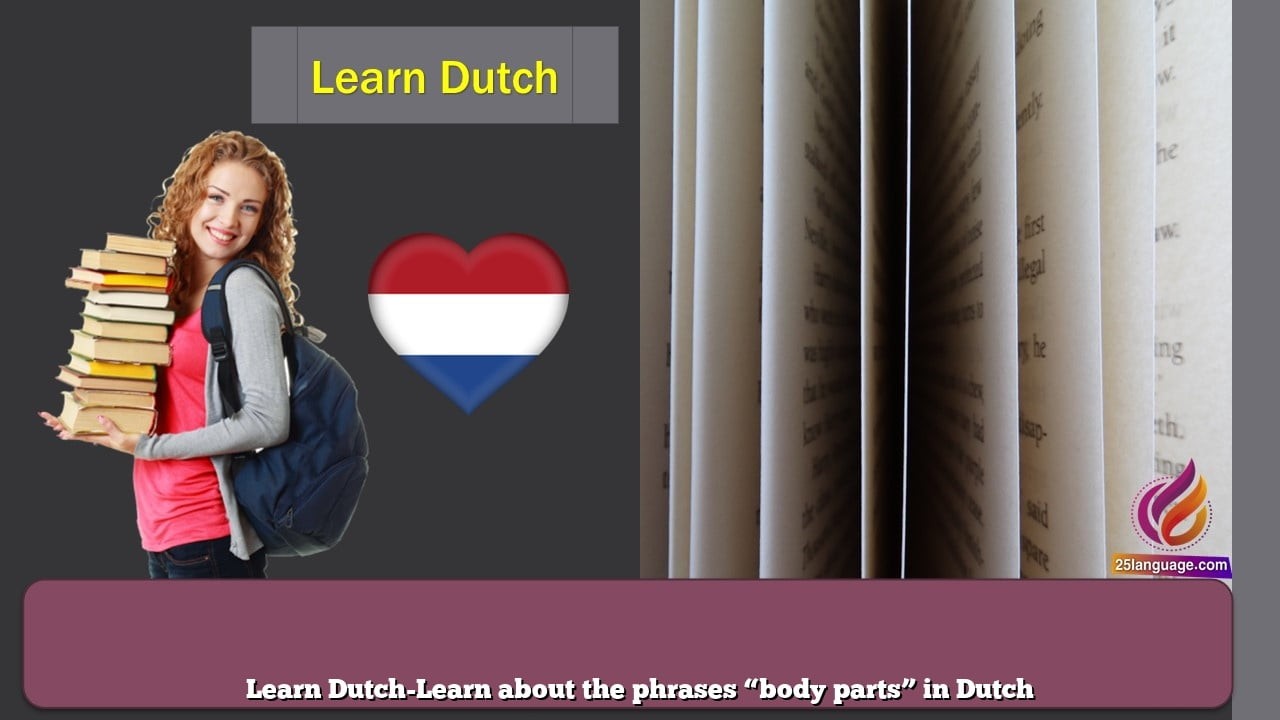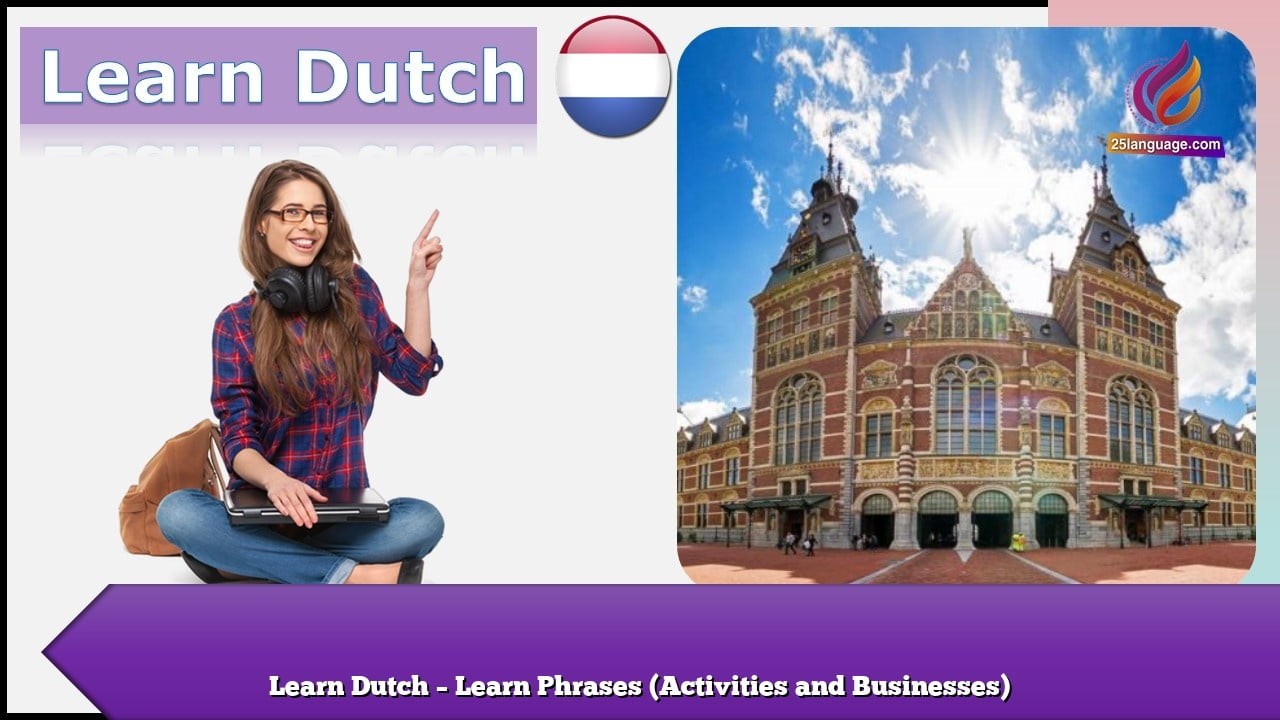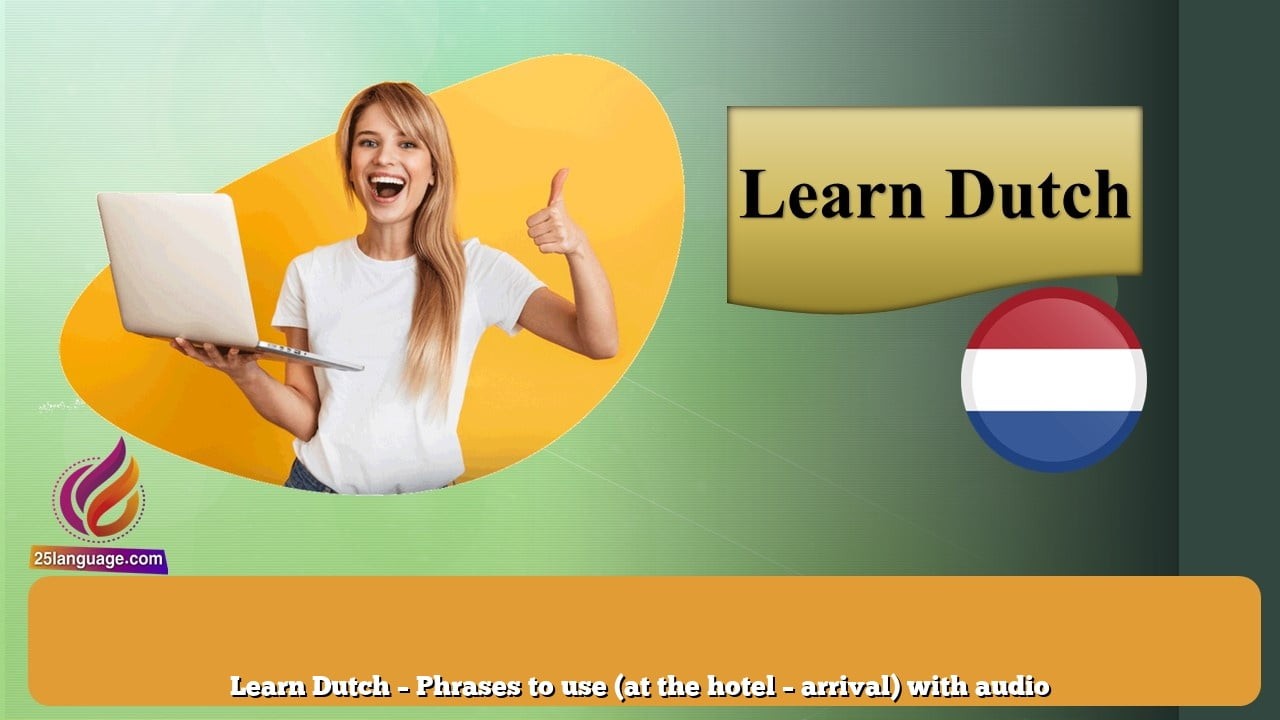large-small phrases in Dutch
Learn Dutch phrases (large..small)

Learning both large and small phrases in Dutch is important for effective communication. Large phrases, also known as idiomatic expressions, are groups of words that have a specific meaning that may not be immediately obvious from the individual words. They are commonly used in everyday conversation and are an important part of understanding and speaking Dutch fluently.
| Dutch Phrase | English Translation |
|---|---|
| Het regent pijpenstelen | It’s raining cats and dogs |
| Ik ben de draad kwijt | I’ve lost track |
| Dat is de spijker op z’n kop slaan | That hits the nail on the head |
| Ik heb er geen woorden voor | I have no words for it |
| Hij heeft een steekje los | He’s a bit crazy |
| Ik zie door de bomen het bos niet meer | I can’t see the wood for the trees |
| Hij heeft boter op zijn hoofd | He’s guilty |
| Ik zit op hete kolen | I’m on tenterhooks |
| Dat slaat nergens op | That makes no sense |
| Hij heeft de klok horen luiden, maar weet niet waar de klepel hangt | He’s heard about it, but he doesn’t really know |
| Ik heb er schoon genoeg van | I’ve had enough of it |
| Ik ben in de wolken | I’m over the moon |
| Hij heeft het achter de ellebogen | He’s sneaky |
| Dat is voor mij een gesloten boek | That’s a closed book to me |
| Hij heeft het hart op de tong | He speaks his mind |
| Hij heeft de wind in de zeilen | He’s doing well |
| Ik ben het zat | I’ve had enough |
| Ik heb er geen zin in | I don’t feel like it |
| Hij heeft het niet helemaal op een rijtje | He’s a bit confused |
| Hij heeft zijn beste beentje voor gezet | He’s done his best |

